The Department of Electrical and Computer Engineering of the University of Western Macedonia is funded with 1.2 million euros for two of its successful projects of the Horizon 2020 programme:
EVIDENT: bEhaVioral Insgihts anD Effective eNergy policy acTions, which was led by Prof. Panagiotis Sarigiannidis, Associate Professor of the Department of Electrical and Computer Engineering of the University of Western Macedonia, and Prof. Ioannis Pragidis, Assistant Professor of the Department of Economics of the Democritus University of Thrace, in the H2020-LC-SC3-EC-4-2020 call, are funded with a total budget of almost €2M, of which the University of Western Macedonia is granted €277K.
TERMINET: nexT gEneRation sMart INterconnectEd ioT, which was led by Prof. Panagiotis Sarigiannidis, in the H2020-ICT-56-2020 call, is funded with a total budget of almost €7.6M, of which the University of Western Macedonia is granted €881K.
EVIDENT aims at providing new insights in the energy efficiency change policy innervations in Europe and worldwide. Through field trials, surveys and games, EVIDENT is focused on behavioural biases and heuristics that affect decision making in energy consumption. The results of the analysis will be used to evaluate and propose energy efficiency policy measures that will reduce energy consumption and boost energy efficient technology diffusion. Understanding how individuals make decisions is important for researchers and policy makers concerned with the impact of human behaviour on energy use and the environment. EVIDENT proposes a three-fold strategy: very large participation of end users in the designed experiments, games and surveys, novel analytical tools to accommodate well defined shortcomings in existing methodologies and an integrated platform including methods, datasets, tools and reports for promoting energy efficiency.
TERMINET aims at providing a novel next generation reference architecture based on cutting-edge technologies such as Software Defined Networking (SDN), multiple-access edge computing (MEC), and virtualisation for next generation IoT, and introduces new, intelligent IoT (NG-IoT) devices for low-latency, market-oriented use cases. TERMINET intends to bring (more efficient and accurate) decisions to the point of interest to better serve the final user targeting at (a) applying distributed Artificial Intelligence (AI) at the edge by using accelerated hardware and sophisticated software to support local AI model training using federated learning, (b) reducing the complexity of the connecting vast number of heterogeneous devices through a flexible SDN-enabled middleware layer, (c) designing, developing, and integrating novel, intelligent IoT devices such as smart glasses, haptic devices, energy harvesting modules, smart animal monitoring collars, AR/VR environments, and autonomous drones, to support new market-oriented use cases, (d) fostering AR/VR contextual computing by demonstrating applicable results in realistic use cases by using cutting-edge IoT-enabled AR/VR applications, (e) designing and implementing IoT-driven a decentralised and distributed block chain framework within manufacturing, for supporting maintenance and supply chain optimisation, (f) applying a vertical security by design methodology by meeting the privacy-preserving and trust requirements of the NG-IoT architecture, (g) providing novel disruptive business models, while fostering standardisation activities for the IoT ecosystem, and (h) validating and demonstrating six proof-of-concept, realistic use cases in compelling IoT domains such as the energy, smart buildings, smart farming, healthcare, and manufacturing.
During these three-year projects, large-scale pilot events will be held across several European countries, including Spain, Greece, Sweden, and Belgium, and it will involve many stakeholders across Europe from various domains such as energy, smart farming, healthcare, critical infrastructure, smart grid, and supply chain.
Both projects will be coordinated by Prof. Panagiotis Sarigiannidis towards paving the way of facilitating new, energy-efficient policies in Europe and defining the new reference architecture for the NG-IoT concept by demonstrating new IoT devices for low-latency, market-oriented use cases.

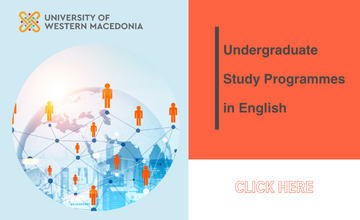

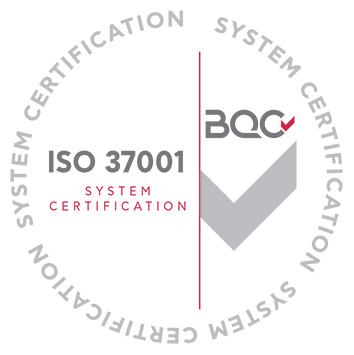
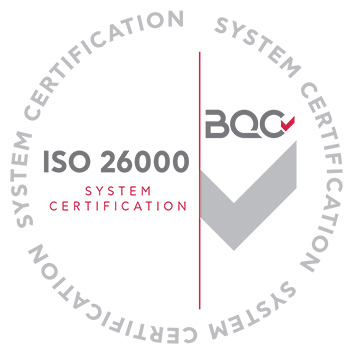
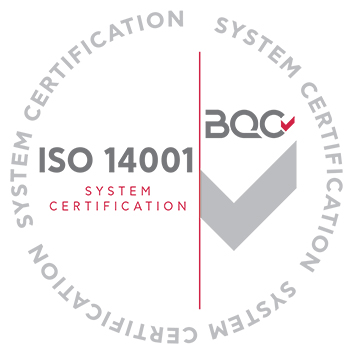
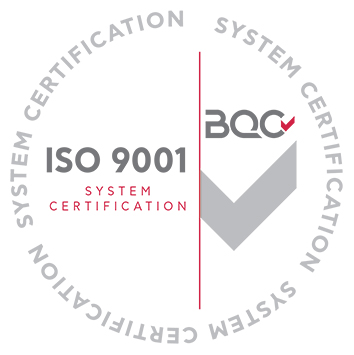


 University of Western Macedonia
University of Western Macedonia